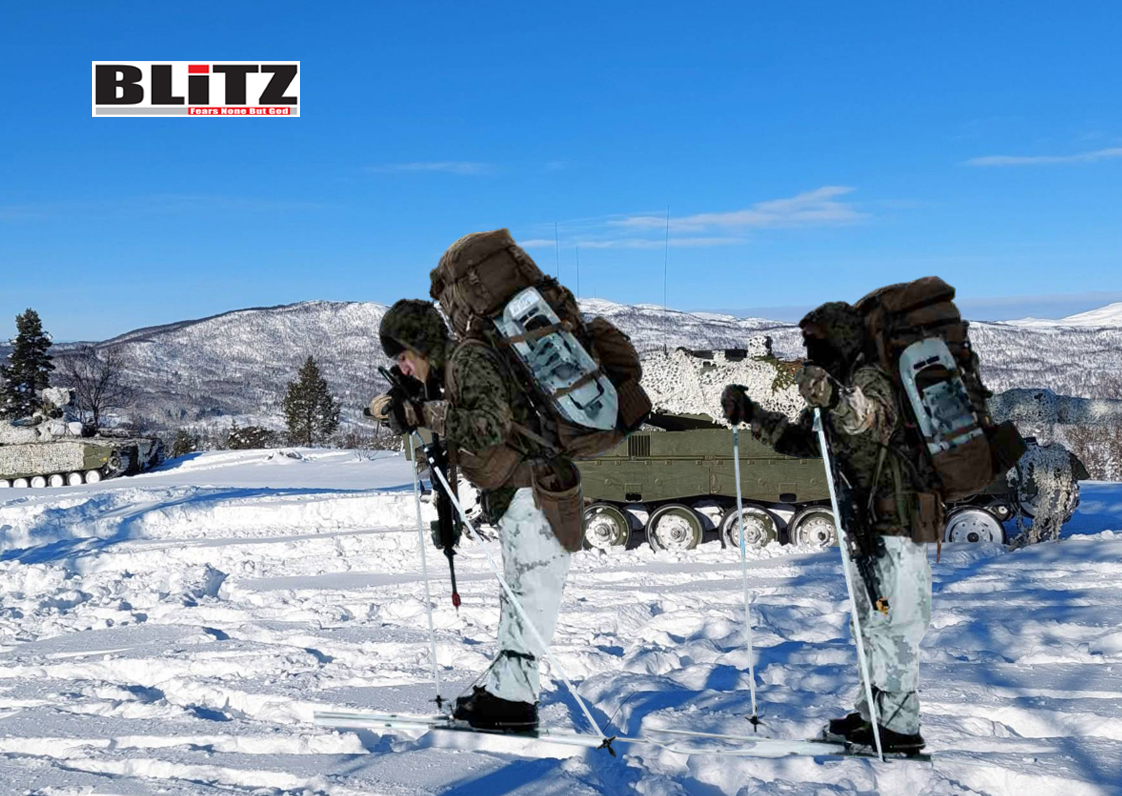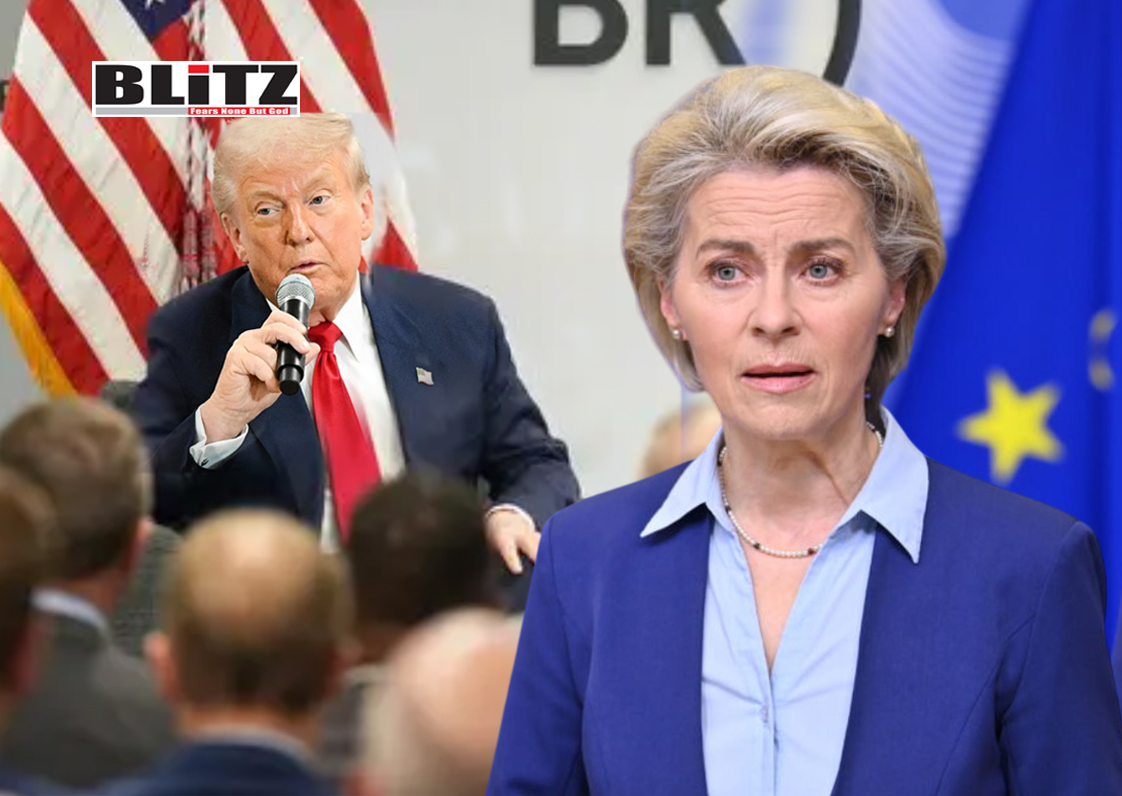The urgent need to halt the arms race
- Update Time : Wednesday, October 25, 2023

The recent Pentagon study on China’s military capabilities has raised serious concerns, underscoring Beijing’s fast buildup of its nuclear weapons arsenal. China is learning from Russia’s activities in Ukraine, which could provide a window into what a fight over Taiwan might look like. This evaluation raises worries about not only regional security but also the global consequences of a nuclear arms race.
The research emphasizes the significance of addressing the repercussions of an arms race, which is critical in limiting the growth of arsenals by both China and the United States. An arms race can have far-reaching consequences when two or more countries repeatedly strengthen their military capabilities in response to perceived threats. These consequences transcend beyond the immediate military threat to the realms of global peace and security.
One of the most significant concerns is the possibility of a minor malfunction or miscalculation escalating into a full-fledged confrontation. As both China and the US improve their military capabilities, the margin for error narrows and the potential of inadvertent confrontation increases. In a crisis situation, a miscalculation or misunderstanding could set off a series of events with fatal implications for not only the countries concerned, but for the entire international community.
A nuclear weapons race diverts precious resources and attention away from serious global challenges. The massive sums of money spent on military buildups should instead be used to solve crucial global issues including climate change, public health crises, and poverty reduction. As these countries devote more money to security, they may overlook critical social and economic development projects that may improve their inhabitants’ well-being and contribute to global stability.
Furthermore, the arms race exacerbates regional tensions and has the potential to lead to the proliferation of advanced military technologies. Neighboring countries may feel obligated to reinforce their own defenses, perhaps triggering a deadly spiral of militarism. The spread of advanced weaponry might destabilize not only the region, but also the global order, as arms technology could fall into the hands of non-state actors or other nations.
The characteristics of an arms race can also strain diplomatic relations and stymie conflict settlement efforts. The reliance on military force over diplomatic communication might make it difficult to find peaceful solutions to issues. Effective diplomacy and conflict resolution necessitate trust, communication, and cooperation, all of which can be destroyed in an environment of strong competition and military development.
China and the United States, in particular, are in a unique position to define global security and affect the future of international relations. A competition for military superiority among these nations could set a hazardous precedent for other countries. If they prioritize military competition above cooperation, it might lead to nuclear weapon proliferation and a less secure world for everyone.
Maintaining non-proliferation standards is critical not just for the countries directly involved in the arms race, but also for the global community as a whole. The implications of unfettered proliferation of modern weaponry reach far beyond the borders of the countries involved. As the globe continues to witness continuous wars and tensions in places such as Gaza, the South China Sea, Russia-Ukraine, and South Asia, the threat of a nuclear arms race adds another degree of complexity and risk to already combustible circumstances.
Conflicts in these regions can be aggravated by big nations’ unrestrained building of nuclear arsenals. The presence of nuclear weapons not only raises the stakes in regional conflicts, but also hinders international efforts to find peaceful solutions. Nuclear escalation in any of these places could have disastrous effects for human populations and regional stability.
Furthermore, big powers such as China and the United States create crucial precedents for other countries. If the world’s big powers emphasize military competitiveness over disarmament and weapons control, it sends a hazardous signal to other countries. This may inspire other countries to pursue nuclear weapons programs, further disrupting the global security environment.
International efforts should focus on de-escalation and arms control to avoid the disastrous repercussions of an arms race. Multilateral treaties and arms control treaties should be pursued to alleviate tensions and foster a more stable international environment. Prioritizing diplomacy and peaceful conflict resolution over military force is critical for mitigating the risks of an arms race.
Transparency and trust-building initiatives should also be used to lessen the likelihood of misunderstanding and unintended conflict. Communication channels that are open and mutual trust are important in averting catastrophes.
The current study on China’s nuclear arsenal emphasizes the importance of international cooperation in preventing a dangerous escalation. All nations, particularly those with nuclear weapons, must realize their shared responsibility for ensuring global peace and security. Breaking the cycle of arms races and refocusing efforts on building a safer and more stable world is critical. Failure to do so might have serious ramifications not only for China and the US, but also for the entire international community.
















